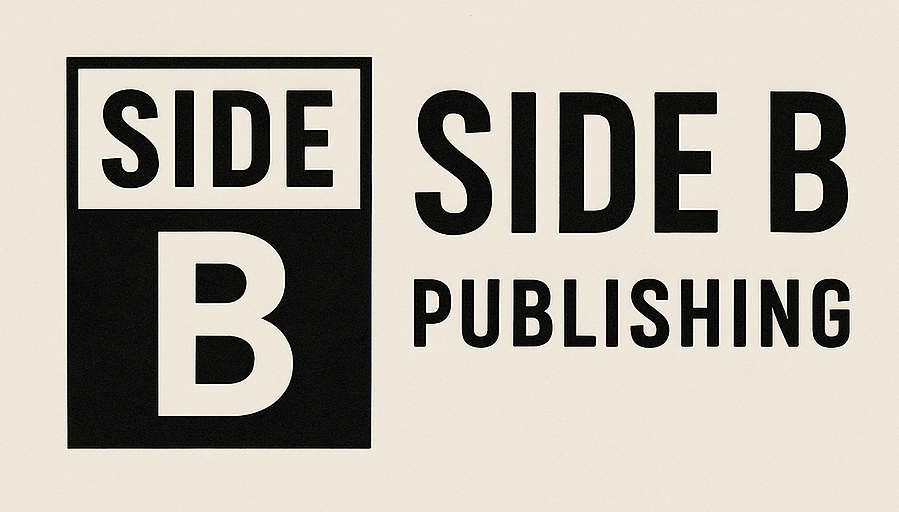Why the World's Most Prescribed Drug May Not Save Your Life
My doctor handed me the prescription with confidence: "This will cut your heart attack risk in half."
A 50% reduction sounded incredible. Life-saving. Why would anyone question that?
But after experiencing muscle pain and brain fog that my doctor insisted "couldn't be from the statin," I started digging into the research myself. What I found changed everything I thought I knew about these wonder drugs.
The Marketing Magic of Relative Risk
Here's how pharmaceutical companies sell statins: "Studies show a 36% reduction in heart attack risk!"
Sounds impressive, right? But this is relative risk reduction – a statistical sleight of hand that makes small benefits look enormous.
The absolute risk reduction tells a very different story. In the landmark studies that made statins blockbuster drugs, the actual benefit was often around 1-2%. That means for every 100 people taking statins, 98-99 get no measurable benefit.
This isn't hidden information – it's right there in the studies. It's just not the number you hear in marketing campaigns or doctor's offices.
The Number They Don't Want You to Know
The "number needed to treat" (NNT) reveals how many people must take a drug for one person to benefit. For statins in primary prevention (healthy people without heart disease), the NNT is often 100-300.
That means 299 people might take a statin for five years, experience potential side effects, and pay thousands of dollars, so that one person avoids a heart attack.
Would you take a medication if you knew you had a 99.7% chance of getting no benefit from it?
The Side Effects They Minimize
While benefits are inflated, side effects are systematically downplayed. The official rate of muscle problems is listed as 1-3%, but when researchers look at real-world data from patients who stop statins, the numbers tell a different story.
Some studies suggest muscle pain, fatigue, and cognitive issues affect 10-25% of statin users. But these symptoms are often dismissed as "not really from the statin" because they don't show up consistently in controlled trials.
Why might that be? Perhaps because people experiencing side effects drop out of studies, or because the placebo groups in statin trials often include people taking other medications that cause similar symptoms.
The Inconvenient Questions
If statins are so effective, why haven't heart disease rates plummeted despite 30+ years of widespread use? Why do countries with low statin use sometimes have better cardiovascular outcomes than countries where statins are prescribed liberally?
And why are we giving statins to healthy people based on cholesterol numbers when the connection between cholesterol and heart disease is increasingly questioned by researchers?
What Your Doctor Might Not Know
Many well-meaning physicians prescribe statins based on guidelines created by panels with extensive pharmaceutical industry ties. The conflict of interest disclosures in major cholesterol guidelines read like a who's who of drug company consulting agreements.
This doesn't make doctors evil or incompetent – it makes them human beings working within a system that profits from pharmaceutical solutions to complex health problems.
The Bigger Picture
The statin story reveals how medical "facts" are created and marketed. When you control the narrative around relative vs. absolute risk, when you minimize side effects, and when you set treatment guidelines that expand the market, you can turn a modestly effective drug into a blockbuster.
In my upcoming book, I explore:
The specific tricks used to make statin benefits appear larger than they are
Why the side effect profiles don't match real-world patient experiences
How treatment guidelines are created and who influences them
What the research shows about alternatives to statin therapy
How to have informed conversations with your doctor about cardiovascular risk
Your Heart Health Decision
I'm not telling you to stop taking prescribed medications. What I'm suggesting is that you deserve to know the real numbers – both benefits and risks – before making decisions about your health.
Ready to discover what other medical "standards of care" might not be as evidence-based as they appear? My book will dive deep into the myths that drive modern medicine.
Remember: I'm not a medical professional. Never stop prescribed medications without consulting your healthcare provider.
